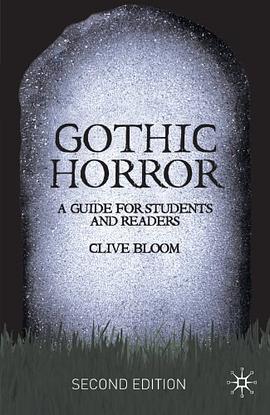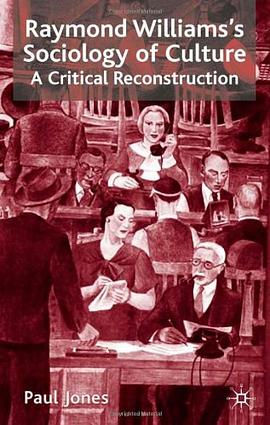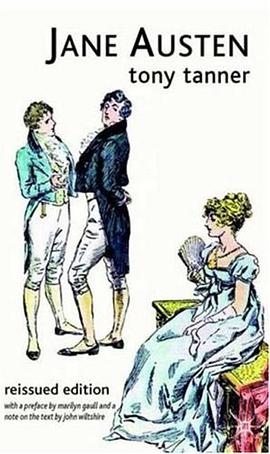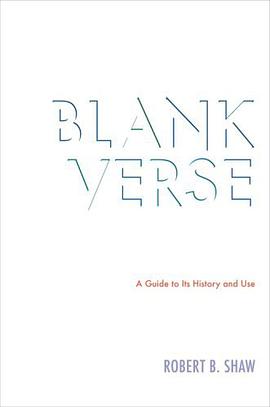

具体描述
The confusion of sin and evil, or religious and moral transgression, is the subject of Ronald Paulson's latest book. He calls attention to the important distinction between sin and Evil that in our times is largely ignored, and to the further confusion caused by the term 'moral values'. Ranging widely through the history of Western literature, Paulson focuses particularly on American and English works of the eighteenth through the twentieth centuries to discover how questions of evil and sin, and evil and sinful behaviour, have been discussed and represented. The breadth of Paulson's discussion is enormous, taking the reader from Greek and Roman tragedy, to Christian satire in the work of Swift and Hogarth, to Hawthorne's and Melville's novels, and finally to twentieth-century studies of good and evil by such authors as James, Conrad, Faulkner, Greene, Heller, Vonnegut, and O'Brien. Where does evil come from? What are 'moral values'? If evil is a cultural construct, what does that imply? Paulson's literary tour of sin and evil over the past two hundred years provides not only a historical perspective but also new ways of thinking about important issues that characterize our own era of violence, intolerance, and war.
作者简介
目录信息
读后感
评分
评分
评分
评分
用户评价
相关图书
本站所有内容均为互联网搜索引擎提供的公开搜索信息,本站不存储任何数据与内容,任何内容与数据均与本站无关,如有需要请联系相关搜索引擎包括但不限于百度,google,bing,sogou 等
© 2026 book.quotespace.org All Rights Reserved. 小美书屋 版权所有




















